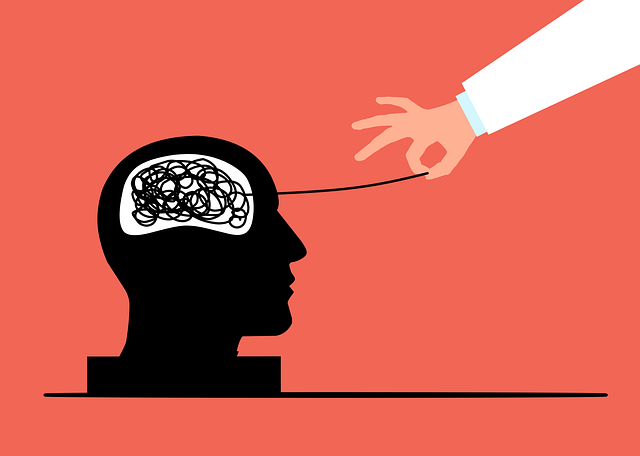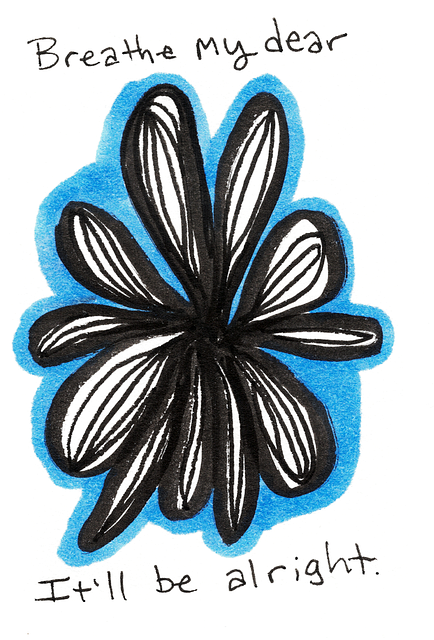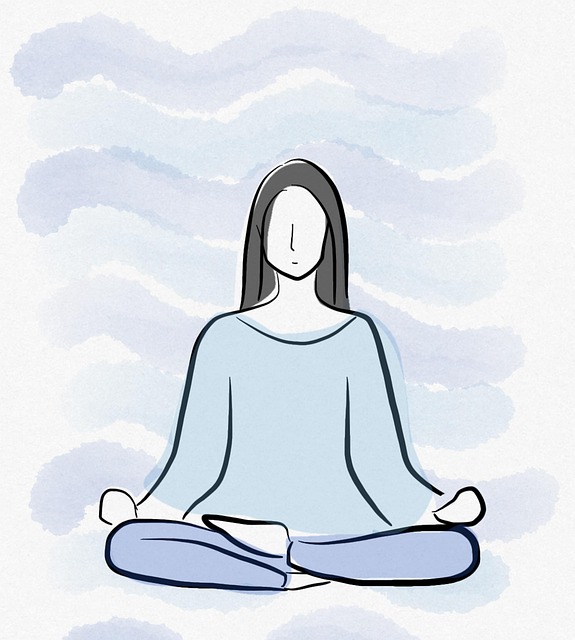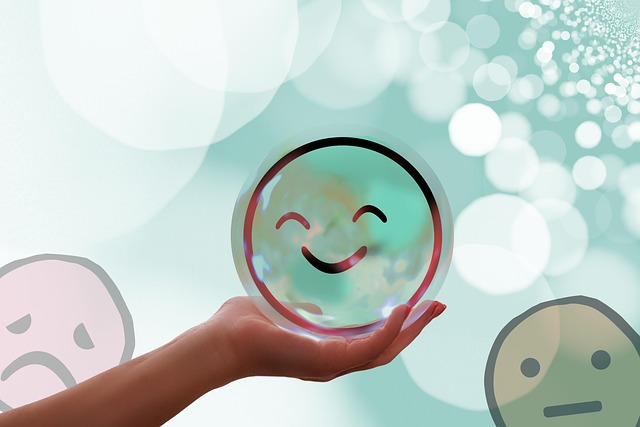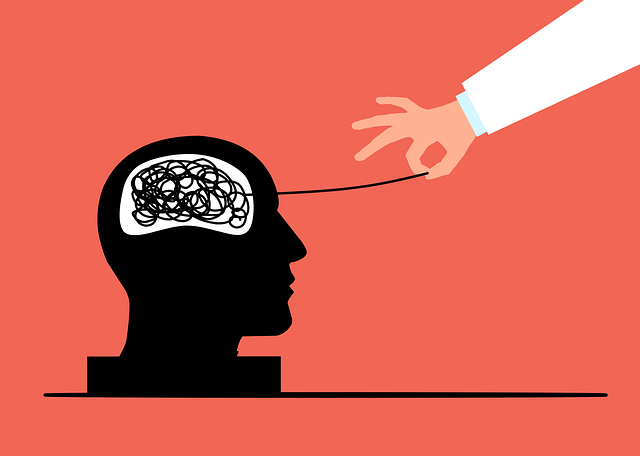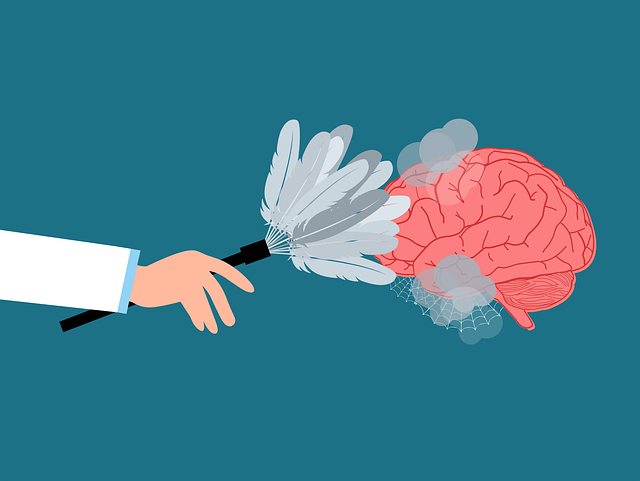Chronic stress can severely impact mental health and self-esteem, leading to anxiety, depression, and worthlessness. Recognizing these links is vital for understanding the necessity of effective stress reduction methods like Cognitive Behavioral Therapy (CBT), which targets negative thought patterns associated with stress. Mindfulness and meditation practices, along with physical activity, quality sleep, and healthy relationships, offer holistic approaches to well-being. Cultural sensitivity in mental healthcare and emotional intelligence are crucial for navigating challenges resiliently, especially when addressing self-esteem issues through therapy.
Stress reduction is essential for maintaining good mental health and boosting self-esteem. In this article, we explore effective methods to navigate and overcome stress, focusing on its profound impact on self-worth. We delve into evidence-based practices such as Cognitive Behavioral Therapy (CBT), mindfulness techniques, and lifestyle modifications, offering a comprehensive guide to fostering resilience and enhancing well-being. Discover how these strategies can empower you to reclaim control and cultivate a positive self-image.
- Understanding Stress and Its Impact on Self-Esteem
- Cognitive Behavioral Therapy (CBT): A Powerful Tool
- Mindfulness and Meditation Techniques for Calmness
- Lifestyle Changes for Lasting Stress Reduction
Understanding Stress and Its Impact on Self-Esteem

Stress is a natural response to challenging or threatening situations, but when it becomes chronic, it can significantly impact mental health and self-esteem. High stress levels often manifest as feelings of anxiety, depression, and worthlessness, which are closely tied to low self-esteem. Recognizing these connections is crucial in understanding the need for effective stress reduction methods. Therapy offers a safe space to explore and address these issues, providing individuals with valuable tools to manage their emotional well-being.
Cultural sensitivity in mental healthcare practice plays a vital role here, ensuring that therapeutic approaches are tailored to an individual’s unique cultural background. Emotional intelligence, too, is an essential component of stress management, as it helps people recognize and process their emotions effectively. By integrating these aspects into burnout prevention strategies for healthcare providers—who often bear the brunt of chronic stress—we can foster healthier environments both within and outside the workplace, ultimately promoting better self-esteem and overall well-being.
Cognitive Behavioral Therapy (CBT): A Powerful Tool

Cognitive Behavioral Therapy (CBT) is a highly effective tool for stress reduction and improving mental well-being. This form of therapy focuses on identifying and changing negative thought patterns, behaviors, and emotions that contribute to distress. By challenging unhelpful thoughts and replacing them with more realistic and positive ones, CBT empowers individuals to manage their responses to stressful situations, leading to enhanced self-esteem and resilience.
In the context of self-esteem development, CBT plays a crucial role in addressing underlying beliefs and attitudes that may be holding someone back. Through structured sessions, individuals learn to recognize and challenge negative self-talk and develop healthier coping strategies. This process fosters confidence boosting and enables people to navigate life’s challenges with greater ease and composure, ultimately enhancing their overall mental health and quality of life.
Mindfulness and Meditation Techniques for Calmness

Mindfulness and meditation have emerged as powerful tools for achieving calmness and emotional regulation in today’s fast-paced world. These ancient practices are rooted in the belief that by focusing on the present moment, one can cultivate a deeper sense of self-awareness and tranquility. Mindfulness involves paying attention to your thoughts and feelings without judgment, allowing you to observe and accept them as they are. This simple yet profound act can significantly reduce stress levels and enhance mental health awareness.
Meditation, often used in conjunction with mindfulness therapy for self-esteem issues, provides a structured framework for calming the mind. Various meditation techniques, such as breath awareness or body scan meditations, encourage individuals to connect with their inner selves, fostering a sense of peace and balance. By regularly practicing these mindfulness and meditation techniques, one can develop a more positive relationship with their thoughts, leading to better stress management and improved emotional regulation capabilities.
Lifestyle Changes for Lasting Stress Reduction

Lasting stress reduction requires a holistic approach, encompassing lifestyle changes that address the mind, body, and spirit. Regular exercise, for instance, is proven to release endorphins, which can boost mood and reduce tension. Incorporating mindfulness practices like meditation or deep breathing exercises into daily routines helps individuals cultivate self-awareness, enabling them to manage stress responses more effectively. Furthermore, prioritizing quality sleep through consistent bedtimes and creating a relaxing bedtime routine significantly contributes to overall well-being.
Beyond these practices, cultivating healthy relationships and engaging in activities that foster a sense of belonging can mitigate stress. Seeking therapy for self-esteem issues or seeking crisis intervention guidance when needed is also crucial, especially considering the cultural sensitivity in mental healthcare practice. Self-awareness exercises tailored to individual needs can provide valuable insights, helping individuals navigate life’s challenges with greater resilience and emotional intelligence.
Stress can significantly impact our self-esteem, but by understanding its effects and employing effective stress reduction methods, we can enhance our mental well-being. Techniques like Cognitive Behavioral Therapy (CBT) offer powerful tools to challenge negative thought patterns. Mindfulness and meditation foster calmness and emotional balance. Additionally, lifestyle changes such as regular exercise, balanced diet, and adequate sleep are crucial for lasting stress management. By integrating these strategies into daily routines, individuals can not only reduce stress but also boost their self-esteem and overall quality of life.
